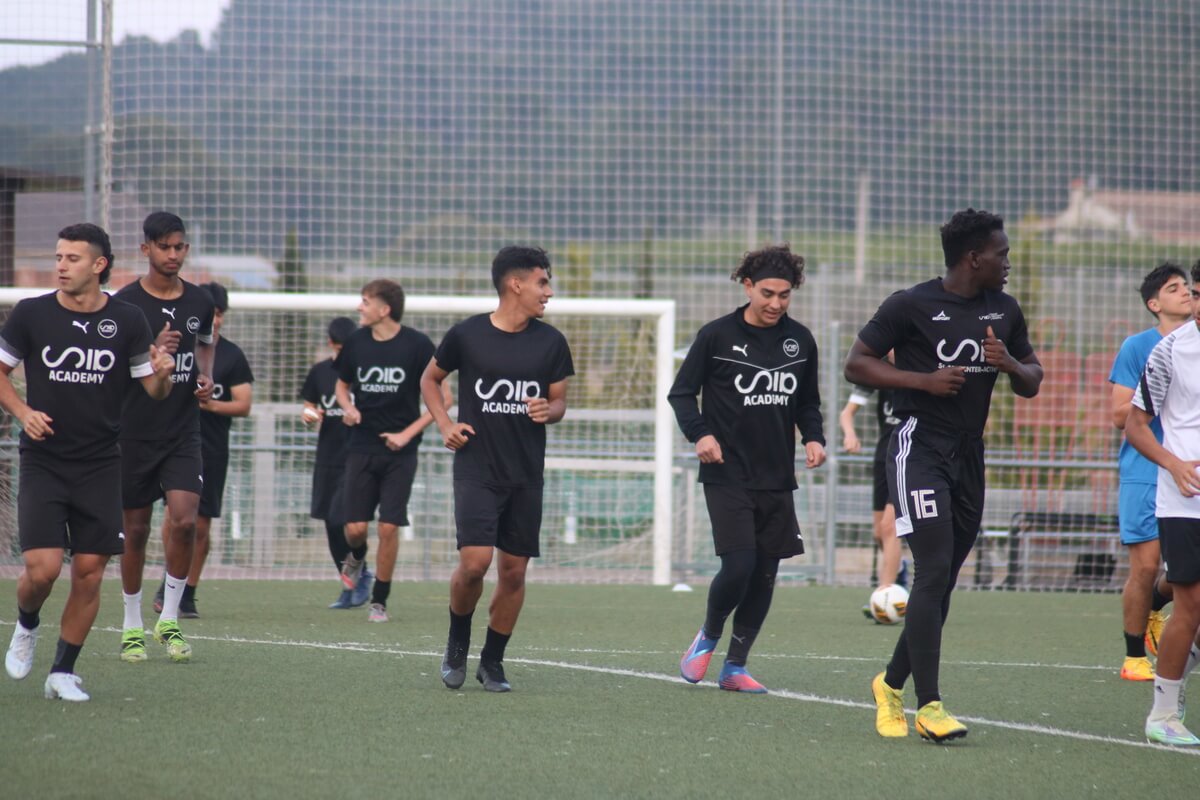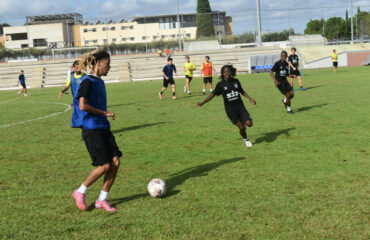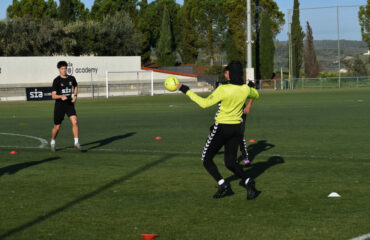Sport is a very positive exercise for people, this fact together with the beautiful experiences it generates causes children to start playing sport earlier and earlier. The methodology at Soccer Inter-Action provides comprehensive training, taking into account physical, tactical, technical and psychological preparation, helping to train the players with a very innovative methodology, helping them to face their sporting and personal future with more guarantees.
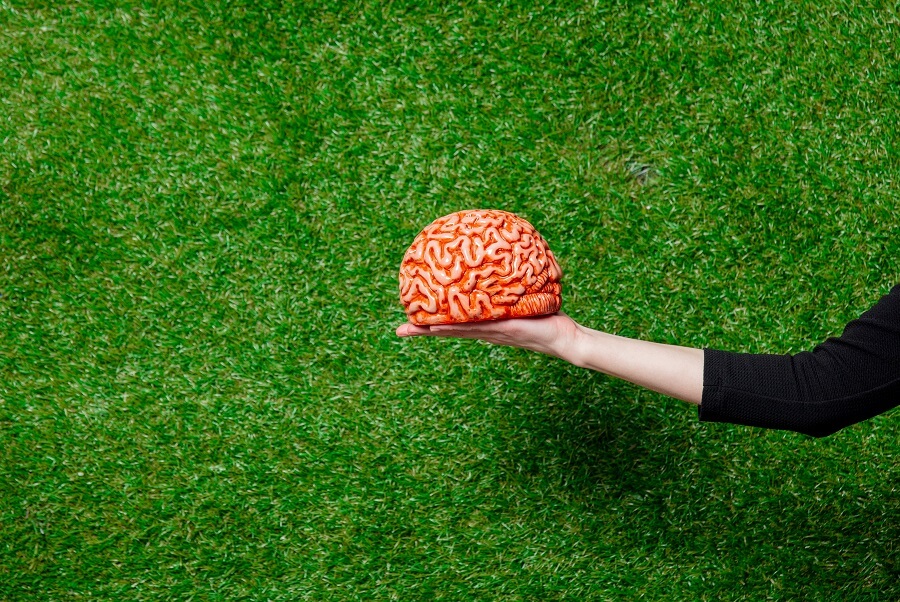
For this it is important to know the social and biological stages, as a starting point for the learning possibilities they have, thus stimulating different learning depending on their brain maturation and their social needs.
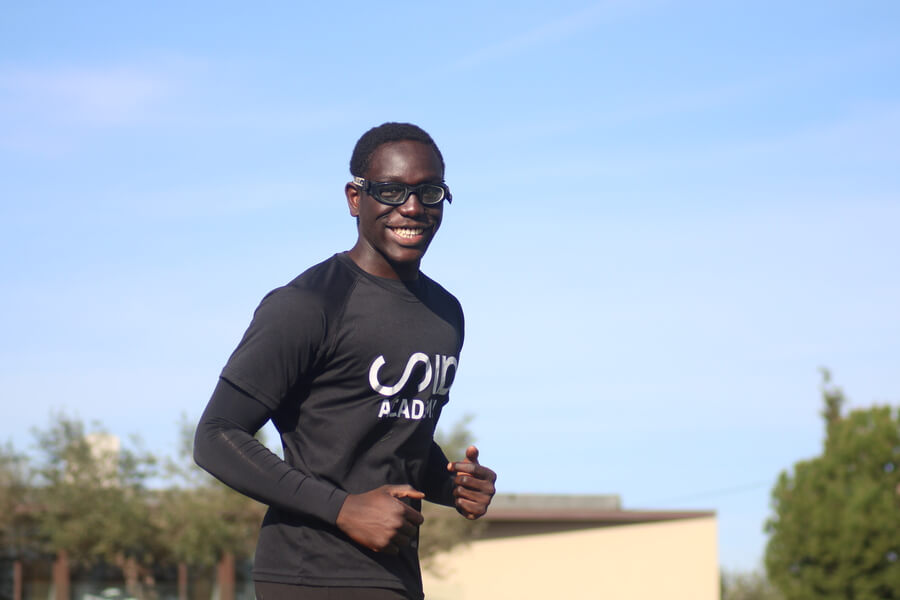
Find out about the formative stages by age
We identify 4 different stages in the age of initiation, where the under 10s are located, the specialisation stage located between 10 and 14 years old, the performance stage between 14 and 17 years old and, finally, the High Performance stage from 17 years old onwards.

Initiation stage
The initiation stage is up to the age of 10. Here it is important to start the psychological plan, educating on the importance of psychology for sporting and personal development, educating on values and starting with simple but effective objectives such as punctuality, behaving well, knowing the rules of the game and taking care of the equipment.
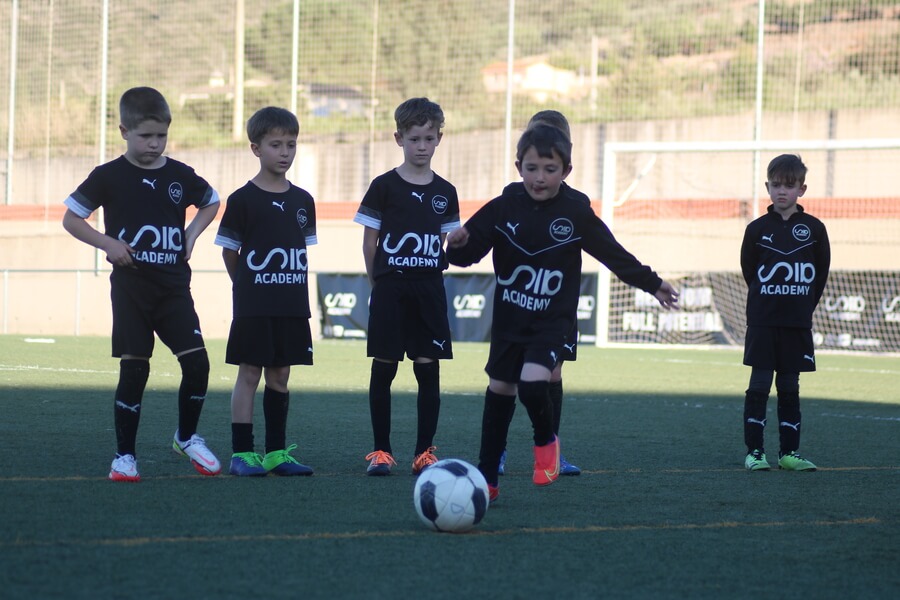
Tasks should be encouraged:
- Fun, taking into account the playful component in the exercises.
- Creativity, carrying out tasks with few premises and trying to give as few corrections as possible.
- Active learning, with the child at the centre of the task.
- Socialisation, encouraging interpersonal relationships, helping players to identify their emotions.
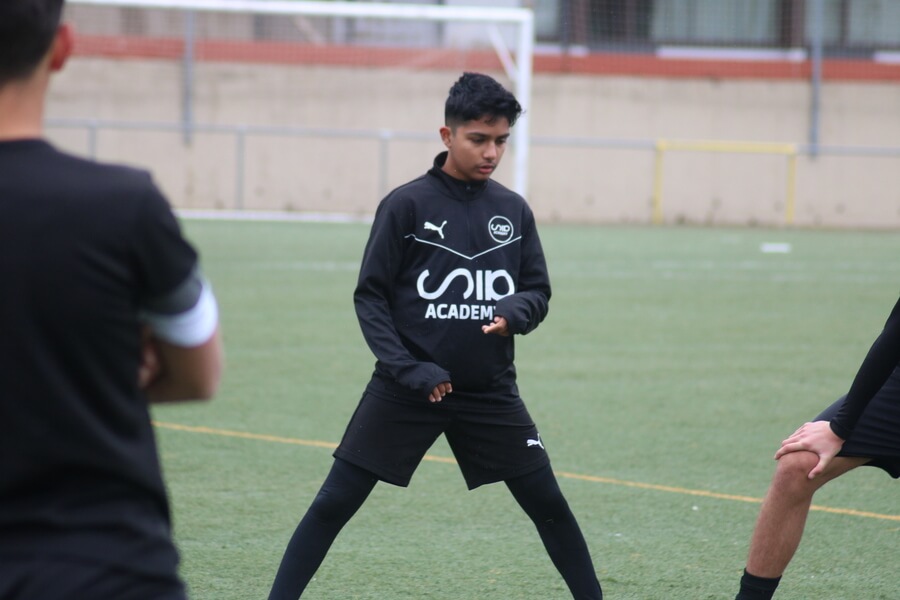
Specialisation stage
From 10 to 14 years of age we find the specialisation stage. Here we must start to encourage their autonomy, with weekly planning, helping with the dual career (combining the academic and sporting side), the responsibility for their own and the team’s sports equipment, as well as starting to regulate stress in competition. They begin to learn mental and sporting skills, starting to apply them in matches.
It would be a good idea for the sessions to focus on:
- Demonstrating a good attitude, having a good predisposition to corrections, making an effort,…
- Players being able to identify their own emotions can help them to better manage their own well-being as well as helping them to understand others.
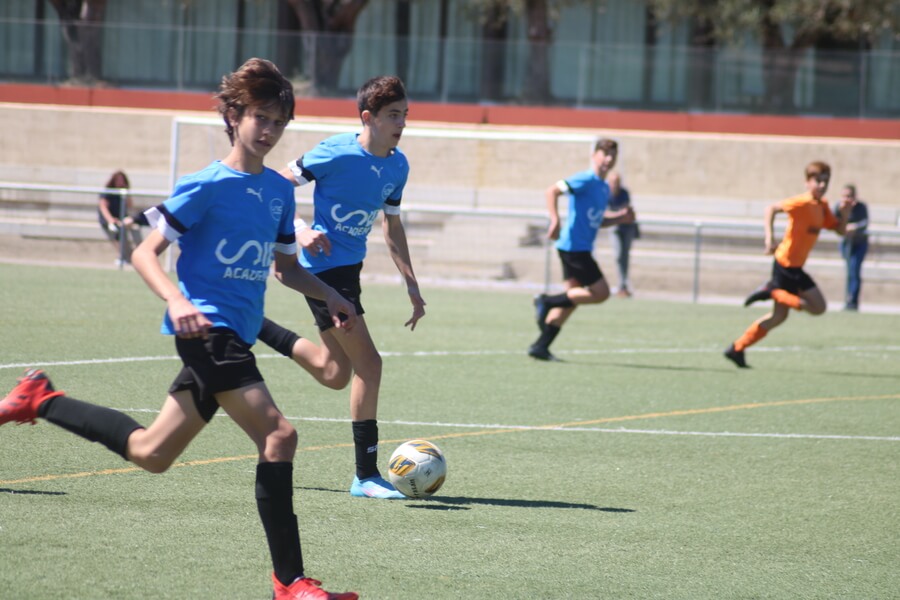
- Beginning of social interaction, at this stage social interaction begins to take on greater importance and they must begin to learn empathy and social values.
- Increase responsibility in attitudes, making them responsible for the consequences of their actions, as well as having more obligations to carry out, in order to practice sport.
Performance stage
The third stage finds players between 14 and 17 years of age, possibly the most complex age as they begin to seek their own ideas and experience the consequences of their actions, trying to distance themselves from their parents, with friendships becoming their greatest influence. Decisions about which club to join or what objective to pursue in sport become important, the weight of the player in the group is greater, influencing the others and the coach with their proposals or ideas, having the ability to perform in the academic and sporting area and the beginning of social life.
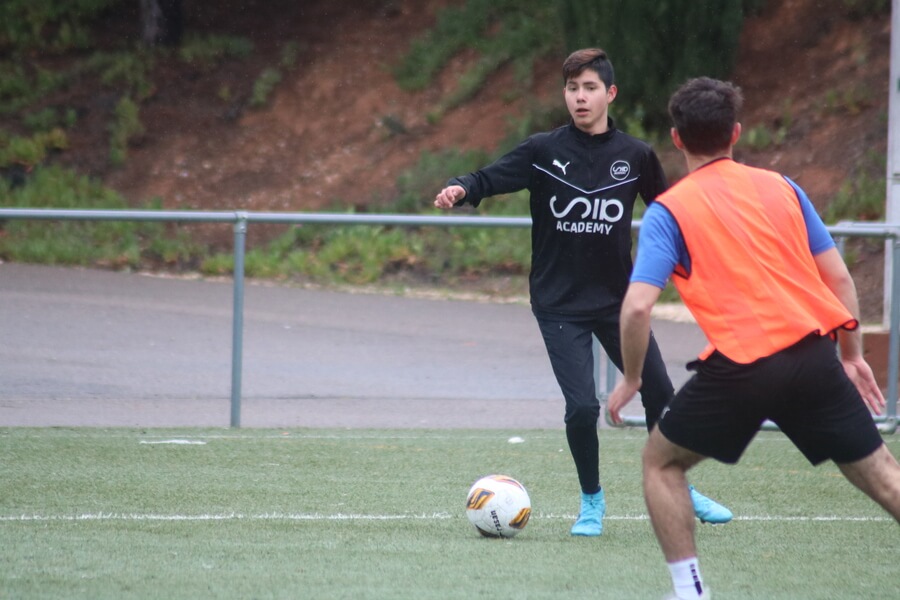
At this stage it trains and automates mental skills, becoming more important to train in:
- To help them to be able to have an autonomy of thoughts and attitudes, trying to have an identity and not to be influenced by their peers, achieving an independent and social person.
- To be committed to the activities they carry out, training the player in the culture of effort, in order to help them reach their goals.
- At this stage it is very important for the players to be coachable, as discussions and bad gestures with teammates and coaching staff are frequent. Therefore, players must be willing to listen and learn from their coaches even if they do not agree with their comments.
- Manage emotions, emotions cannot be controlled, but they can be managed so as not to be euphoric or depressed, but to find intermediate intervals where performance is optimal.
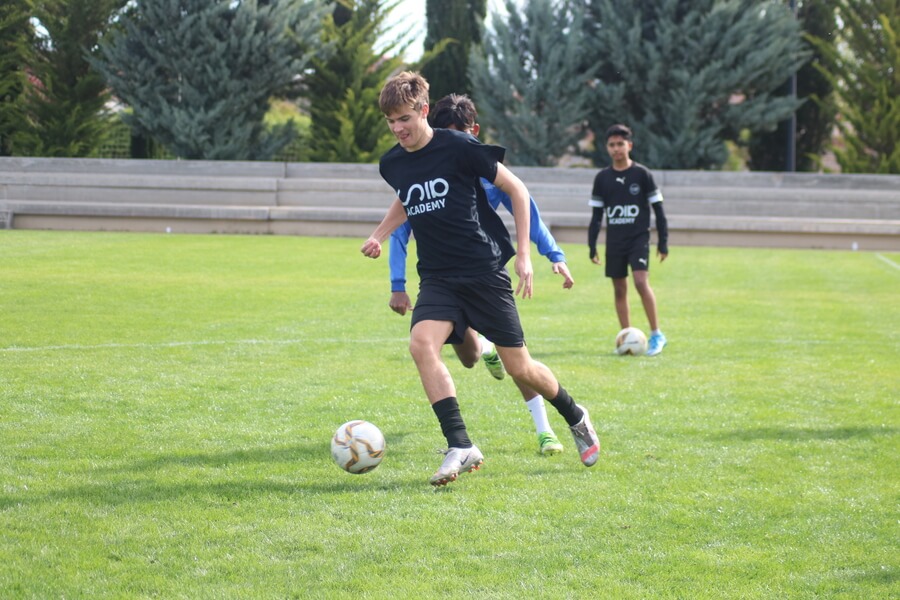
High Performance Stage
The high performance stage is considered for players over 17 years of age. At this stage they must travel alone, combine various activities on a weekly basis and complement their work on the field with training in the gym. At this stage the players should already recognise their psychological abilities, being able to re-evaluate themselves, making the necessary adjustments.
The mental skills to be developed in this last phase are:
- The main one is maturity, which is the capacity to be able to solve difficulties by oneself, being able to face the situations that occur in their day to day life with calm and solvency.
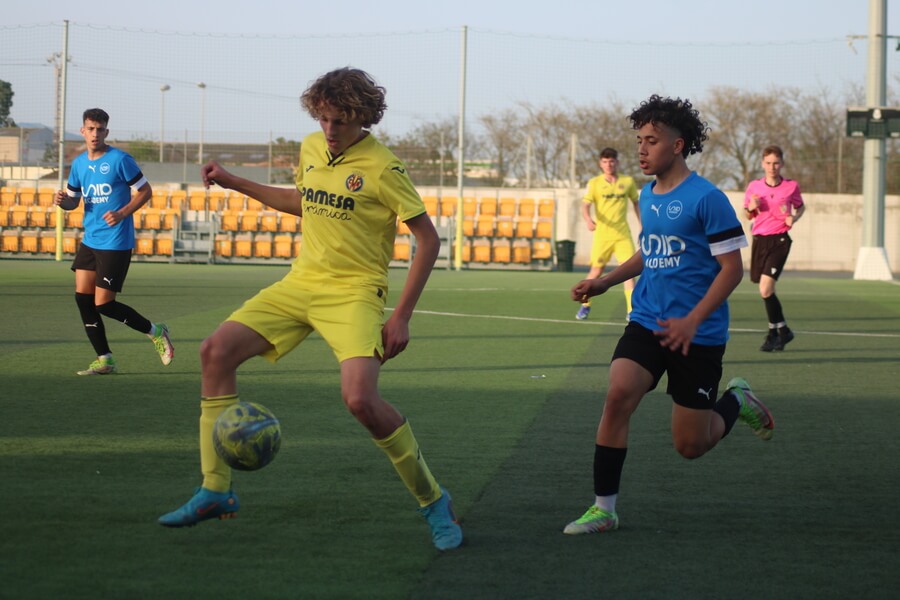
- To increase the level is important the professionalism of the player, this professionalism is observable with the effort in the day to day on the field and the motivation to get that extra performance in compliance with the guidelines set by other areas such as nutrition, psychology, physiotherapy…
- As the level increases, the pressure becomes greater and greater, so you need to be able to manage stress. Firstly by taking into account the management of pre-competitive anxiety, during the matches to be able to cope with the uncertainty and difficulties that occur, and finally at the end of the match to be able to give good feedback and anchor yourself in the bad decisions in the match.
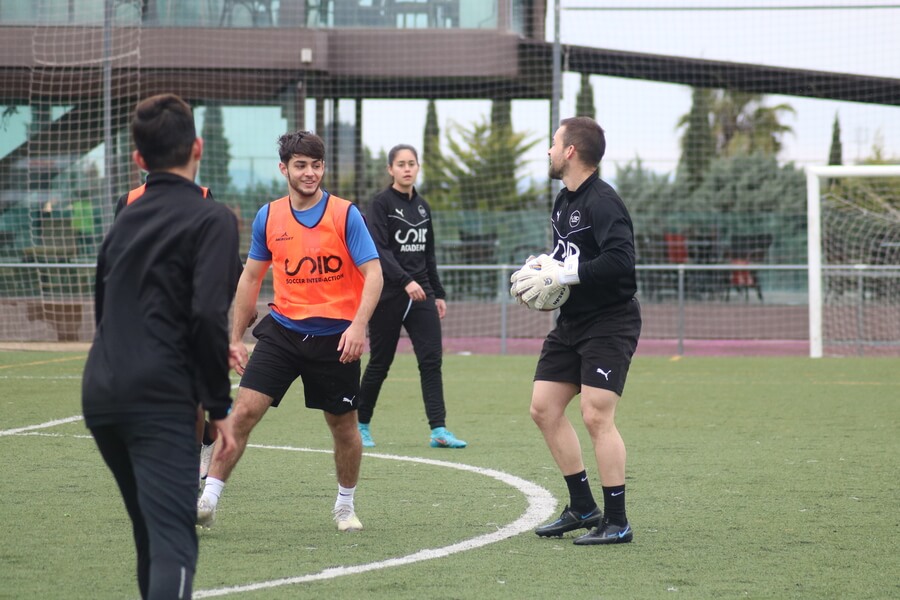
It is important that the players are in tune in a multidisciplinary way, bringing together technical, tactical, physical and psychological training, a joint methodology will help us to form more complete players and happier children. In the first stage we must encourage the practice of sport and focus on the child’s enjoyment of football. In the second stage it is very important that they learn to identify their emotions so that it is easier to understand the emotions of others, facilitating their future social interactions.
In the third stage, they must learn to manage their emotions and ideas, recognising what is right or wrong, generating a differentiated and coherent way of thinking. Finally, the experience lived in simpler situations previously will facilitate the management of more complex situations in the future, and the player will be prepared to apply the tools learned.



